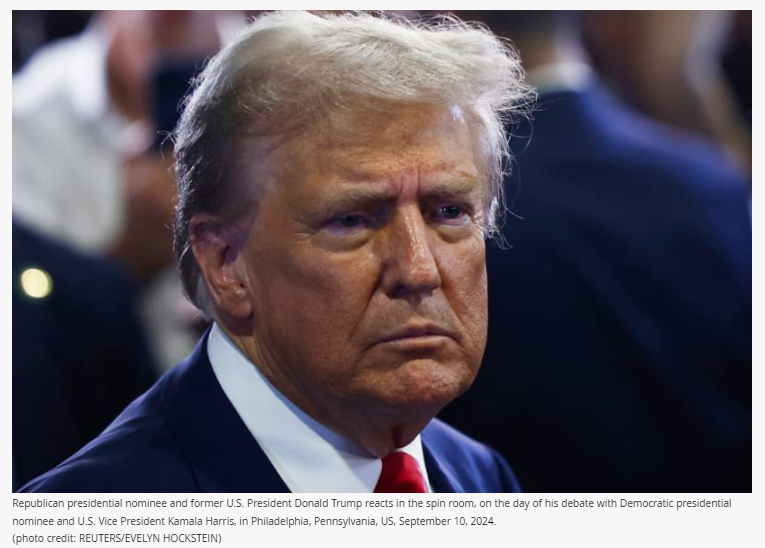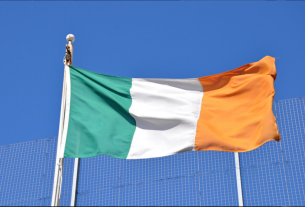As the political landscape in the United States continues to evolve, the specter of Donald Trump looms large, especially among the country’s wealthiest individuals and renowned journalists. Concerns about his potential return to power reflect a deeper anxiety regarding his approach to governance and his treatment of perceived adversaries.
Fear of Retaliation
For many billionaires, the prospect of Trump winning another term raises the specter of retaliation against those he considers threats. His history of attacking media figures, corporations, and individuals who criticize him makes it clear that he does not shy away from using his platform to intimidate. High-profile figures such as Jeff Bezos, who owns The Washington Post, have been particularly vocal. Trump has targeted Bezos in the past, questioning his business practices and attacking the newspaper for its critical coverage.
The Voices of Journalism
Legends of American journalism, including Carl Bernstein and Bob Woodward—who are celebrated for their investigative reporting during the Watergate scandal—have labeled Trump a significant threat to democracy. Bernstein has argued that Trump’s actions undermine the principles of a free press and democratic accountability, while Woodward has emphasized the danger of authoritarian tendencies within Trump’s leadership style. Their warnings highlight the precariousness of democratic norms in the face of populist leadership.
A Pattern of Disruption
Trump’s tenure as president was marked by numerous instances of disruption, including:
- Media Attacks: He frequently labeled unfavorable coverage as “fake news,” which not only targeted major news outlets but also sought to undermine public trust in the media.
- Business Intimidation: Trump’s public feuds with companies like Boeing and General Motors over pricing and jobs demonstrated his willingness to wield his influence to pressure businesses into alignment with his policies.
- Political Vendettas: His administration was characterized by actions against political opponents and perceived enemies, suggesting a broader strategy of retaliation that could extend beyond his presidency.
Implications for Democracy
The fear that Trump could further erode democratic norms is not unfounded. His rhetoric has often blurred the lines between partisan politics and personal vendettas, creating an environment where dissent is met with hostility. This threatens not only the institutions of democracy but also the very individuals who uphold them.
Conclusion
As the possibility of another Trump presidency looms, American billionaires and media figures alike are understandably wary. The potential for retaliation against those who challenge or criticize him raises profound questions about the future of governance and the preservation of democratic values. The concerns voiced by influential figures highlight a critical intersection of wealth, media, and power, illustrating how the stakes are not just political but deeply personal for many in the crosshairs of Trump’s ambitions.
In a democracy, the resilience of institutions and the commitment to a free press are paramount. The ongoing debate about Trump’s impact on these principles remains a vital conversation as the nation moves forward.



